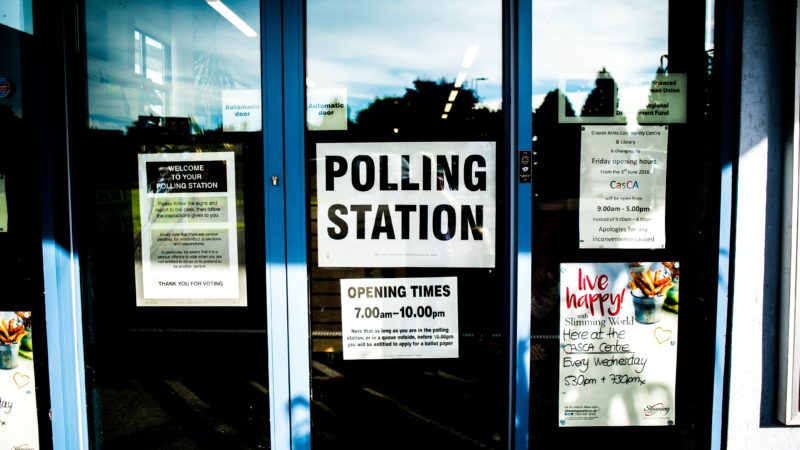
That Labour will win the next election is, as political predictions go, something of a safe bet. With record poll leads seemingly splashed most weeks, it would be easy for Starmer to become complacent – something he is at pains to emphasise he is not.
So if winning the next election is in the bag, is there anything Labour can learn from recent polling? It’s that winning in 2029 will be a far bigger challenge.
Winning in 2029 could prove tough with a fractured supporter base
That’s because Labour’s supporter base is fractured. Its voters are starting to look like strange bedfellows. The challenge for Labour will be whether or not it can hold these voters together beyond the 2024 election.
A recent poll we carried out of 13,534 voters, found the greatest divergence comes between Labour’s northern working-class voters, and its city-dwelling young professional supporters.
We tested three indicative policies which have the potential to be hot topics in the upcoming election, and future elections: Net Zero, immigration, and trans. On all of them, Labour’s voter base was divided.
On trans rights, net zero and immigration, Labour voters are divided
For example, on whether or not diesel and petrol cars should be phased out by 2035, on 45% of Labour voters in the Northeast support this policy compared to 71% of Labour voters in London.
When it comes to whether or not children should be banned from socially transitioning at school without parental consent, 70% of Scottish Labour voters would support such a policy. In contrast, in London 57% of Labour voters would oppose banning children from transitioning.
Labour voters of different ages are also divided. 61% of 18–24-year-olds who intend to vote Labour actively oppose reducing immigration to the UK, while 67% of Labour voters aged over 65 want immigration to be reduced.
Labour will benefit from the Tories’ incompetence at this election
Labour faces potential challenges after 2024. It will win this time around because of loyalty to the cause and because of the record of the underdelivering from the Conservative incumbents. 2019 was an unusual moment, widely recognised, in which loyal Labour voters parted with tradition and leant the Tories their vote in the hope of ‘Getting Brexit Done’. Five years on from that election, and with little to show for it in the way of progress, these voters will return to their natural fold.
But Keir Starmer must not take this return for granted. He needs to work hard to keep these Labour voters on side in the year after 2024. The scale of the challenge is difficult to quantify at this stage in the election cycle. It will only become fully clear just how great this growing gap is between Labour’s traditional voters in the north and its younger support base in the cities once Labour are in power and actually having to legislate.
“An almost unprecedented lack of leeway to spend money”
Labour’s challenges will be further compounded due to an almost unprecedented lack of leeway to spend money. Whether or not the Government commits to a one or five-year Spending Review will have little impact on the sort of legislative options Labour has to choose from, mainly due to the high levels of spending during and after the pandemic, and debt levels of almost 100% of GDP.
The ditching of the £28 billion green economic plan reveals a growing realisation among Labour front benchers that budgets will be tight and that spending plans need to be realistic.
Labour will need to legislate cheaply – and that means doing inexpensive issues-based policy making. That is going to mean legislating on the issues their base is most divided over: immigration, trans, and Net Zero.
Caution likely to be Starmer’s watch-word
This will inevitably mean being cautious, rather than especially bold to please either group. In essence, all Starmer needs to do is keep both groups of voters happy enough to vote Labour again in 2029. It will be easier said than done. With the size of the parliamentary party Labour will win, there will be powerful factions within the LPP urging him to lurch to the left or the right.
It will be a difficult balance to take. Even the most centrist prime ministers can face revolt at the ballot box, as David Cameron discovered in 2016. Starmer’s centrism must be genuine centrism – governing for the whole country, or as the Tories have it, ‘One Nation’.




More from LabourList
‘Labour won’t stop the far right by changing leaders — only by proving what the left can deliver’
‘Cutting Welsh university funding would be economic vandalism, not reform’
Sadiq Khan signals he will stand for a fourth term as London Mayor